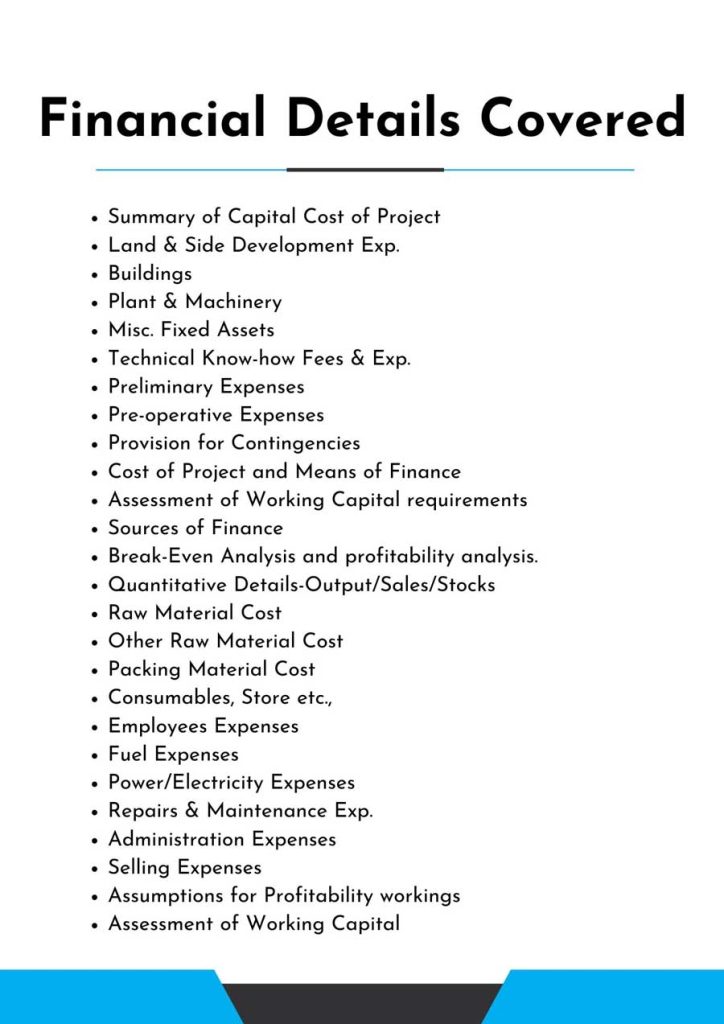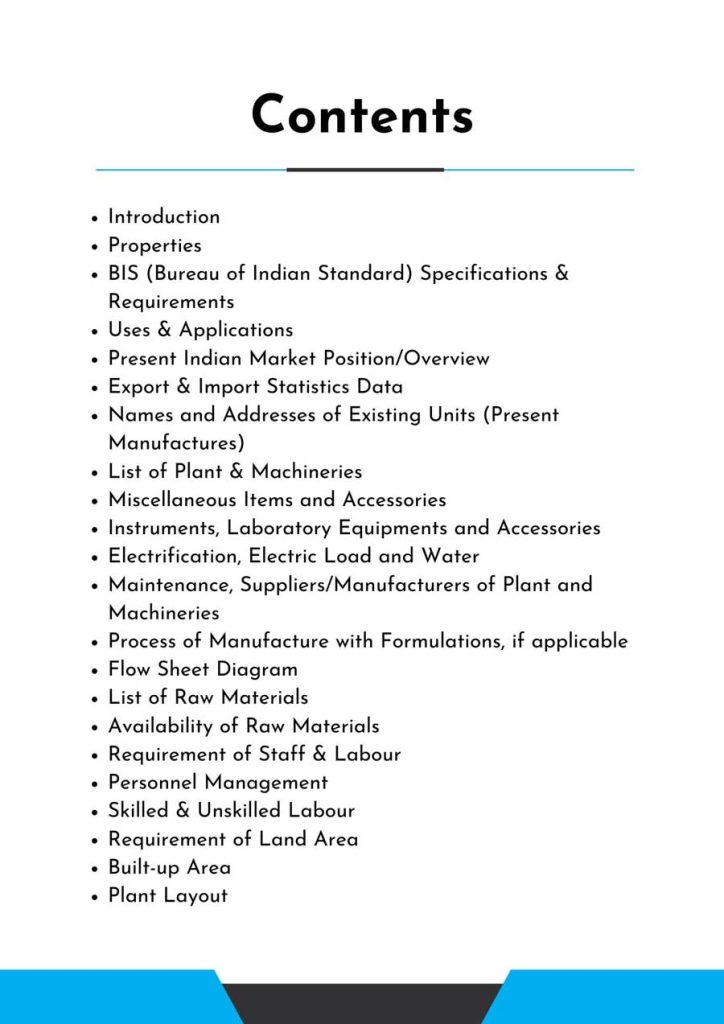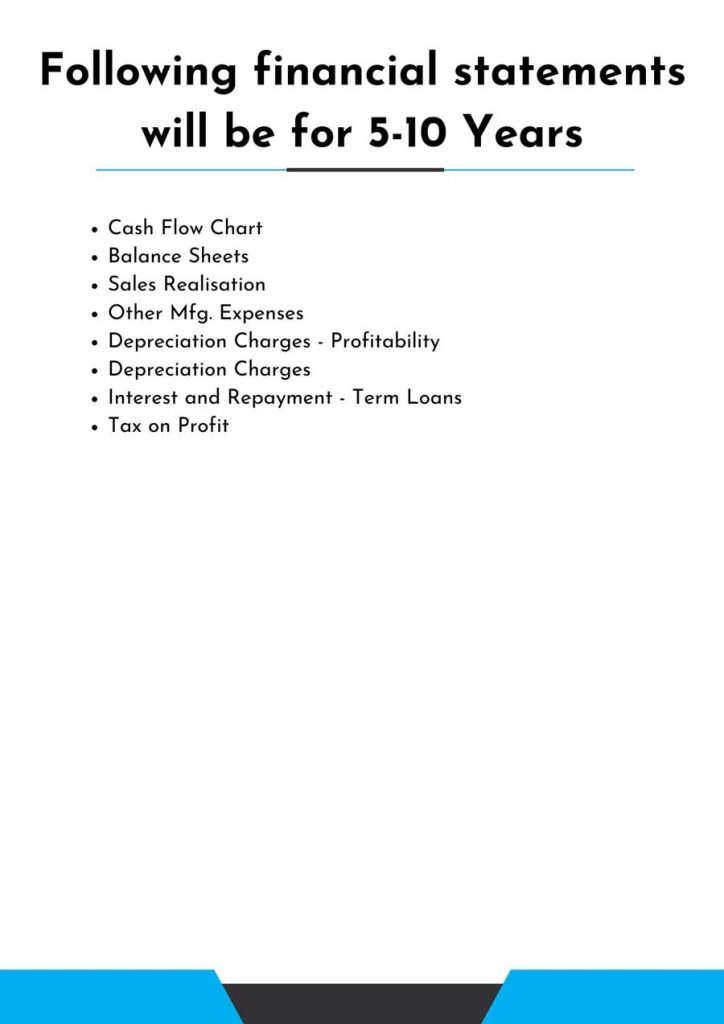Feasibility Report On Bagasse Disposable Products
Eco-friendly bagasse disposable products are manufactured from sugarcane pulp, a leftover material from the production of sugar. With less of an adverse effect on the environment and a practical and long-lasting solution for daily use, these compostable and biodegradable products provide a sustainable substitute for plastic.
Introduction
Feasibility Report For Bagasse Disposable Products.
Paper and plastic products are becoming less environmentally friendly, while bagasse-based disposable tableware is becoming more and more popular as an alternative. Bagasse, the fibrous residue resulting from processing sugarcane to obtain juice, may be molded into a range of shapes and sizes to create durable and biodegradable dinnerware.
Bagasse-based tableware decomposes and breaks down naturally. Comparatively speaking, dinnerware made of bagasse can decompose in a matter of weeks when composted, while tableware made of plastic or paper can take hundreds of years. It is evident from this that bagasse tableware does not contribute to the build-up of non-biodegradable waste in landfills and the ocean, which poses a significant environmental risk.
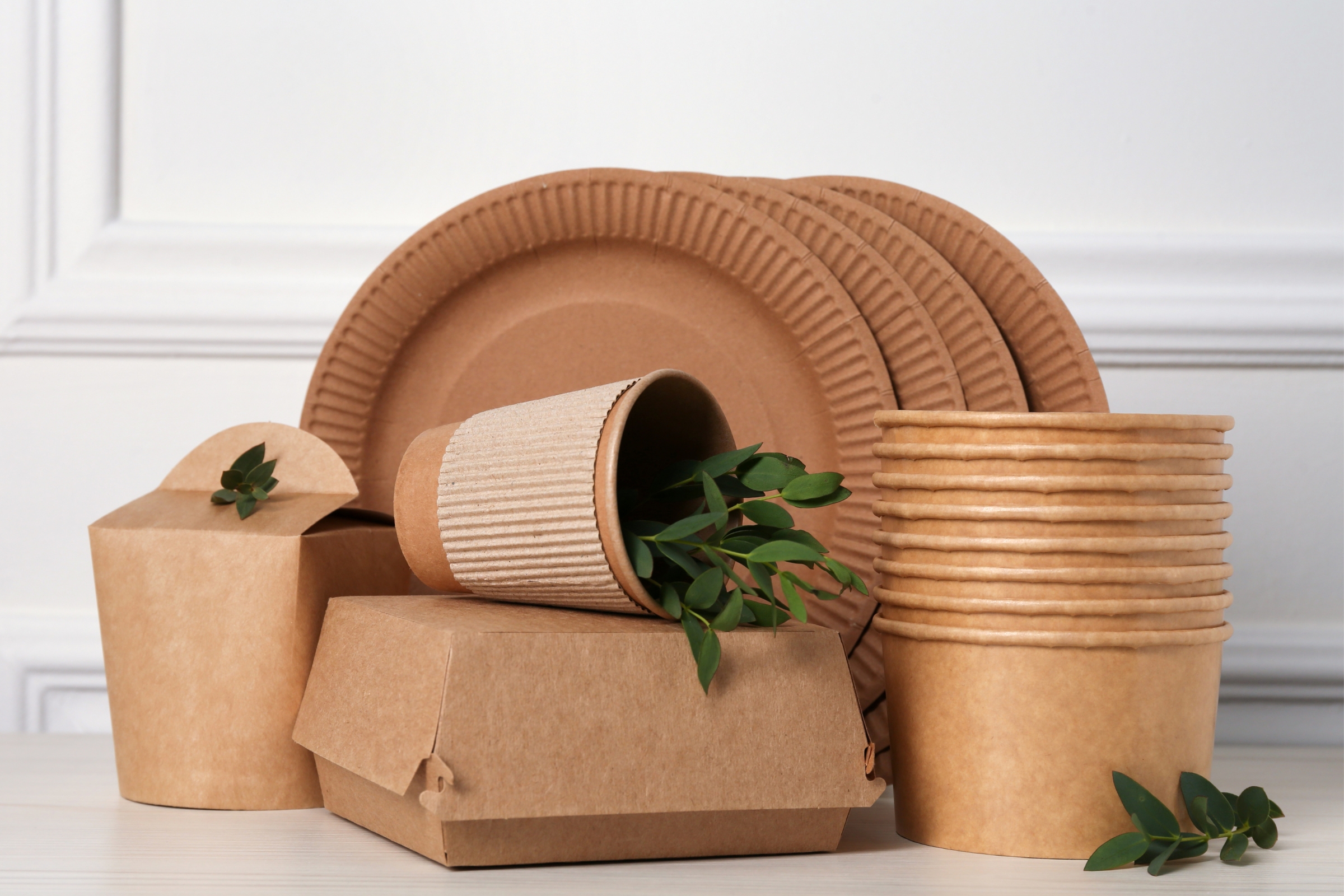
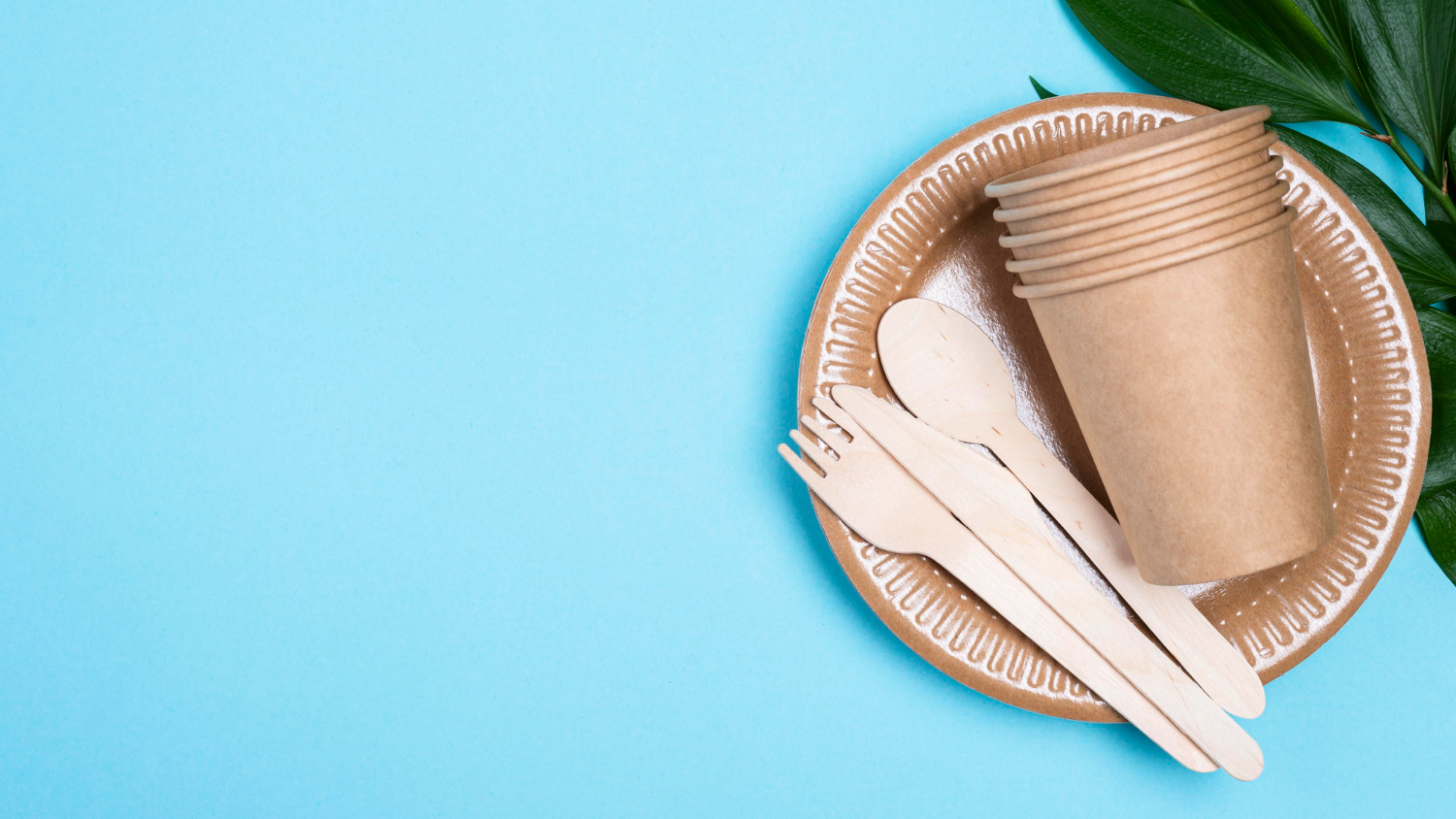
There are several advantages when comparing dinnerware made of bagasse to traditional plastic or paper tableware. The resource bagasse, which is used to create tableware, is renewable and sustainable. One of the most widely planted crops worldwide is sugarcane, from which bagasse is produced as a by product. Making tableware from bagasse can help reduce waste and promote resource efficiency.
Feasibility Report Sample On Bagasse Disposable Products
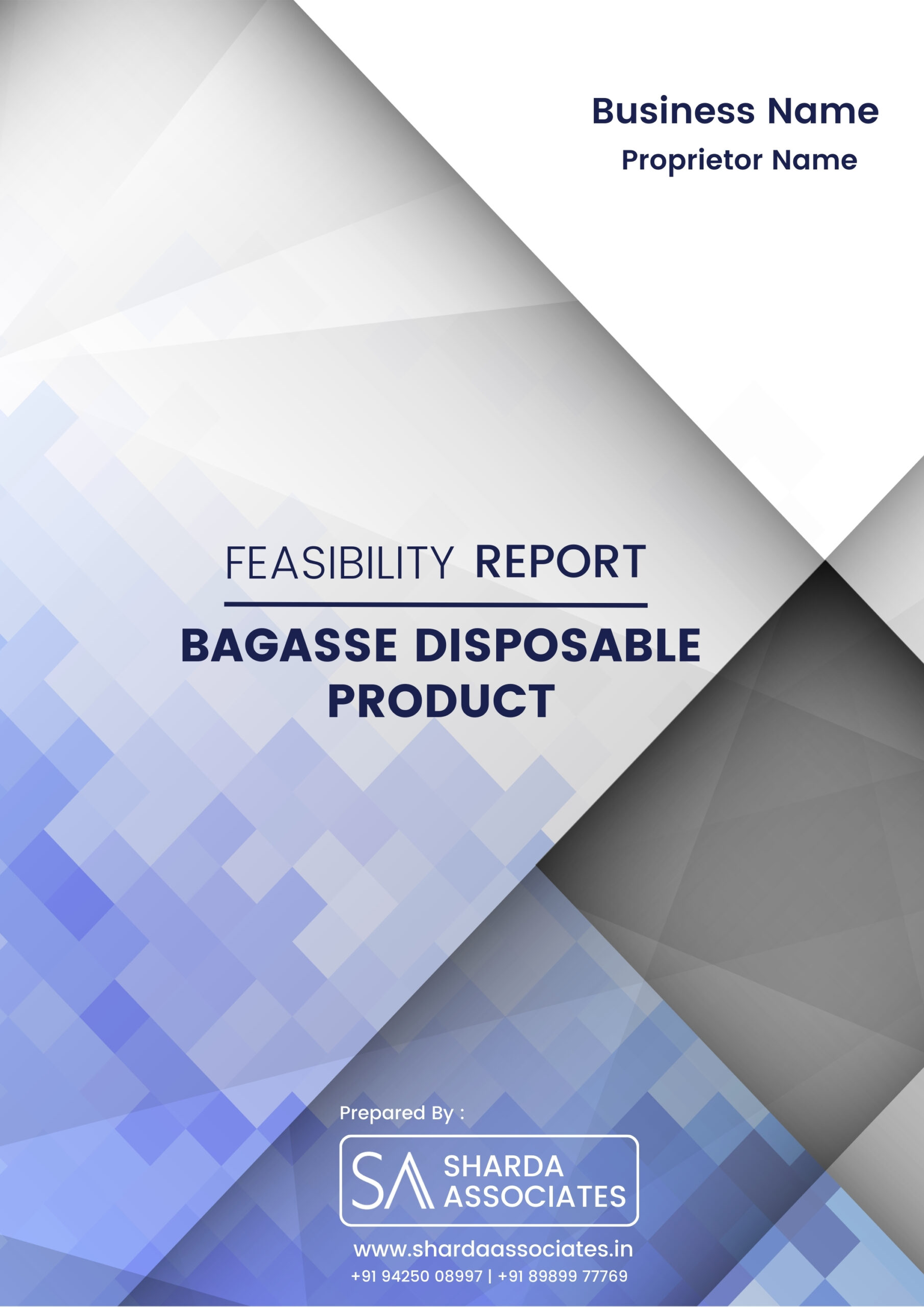
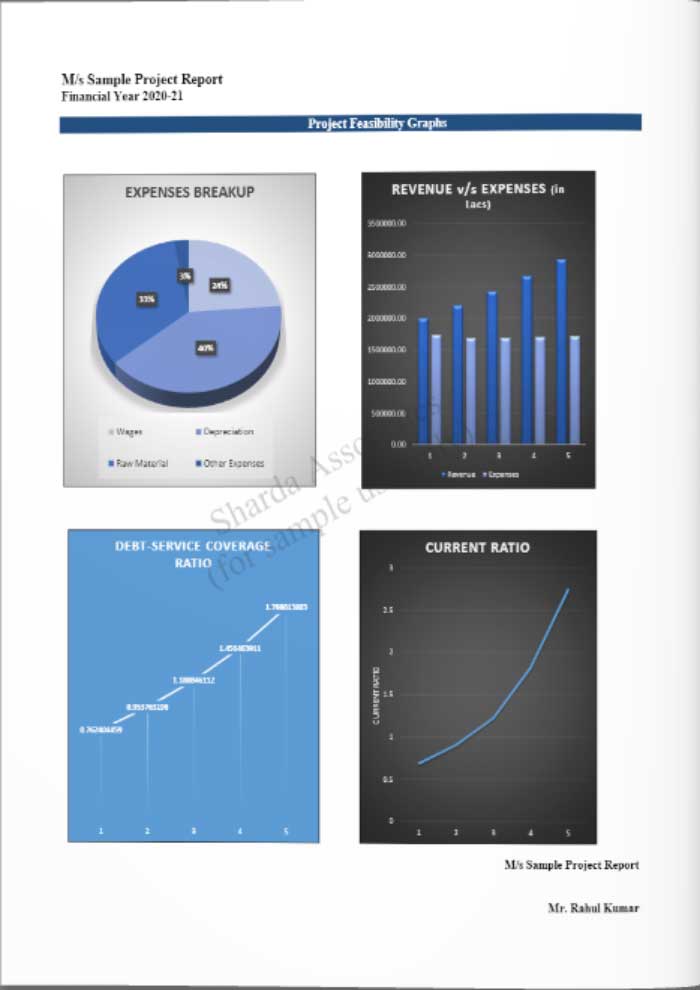
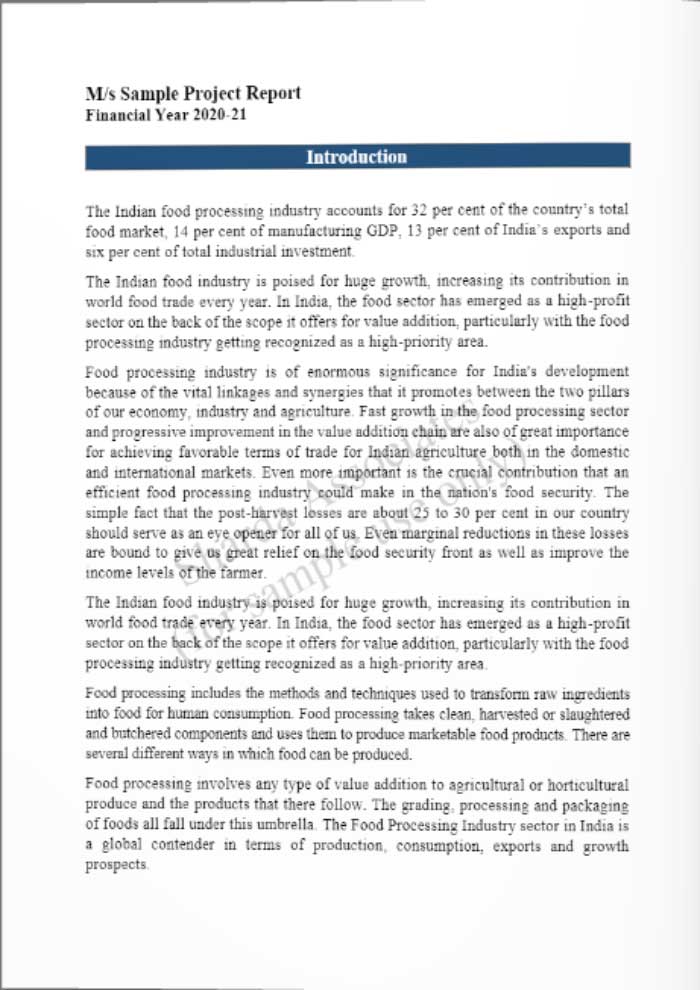
Market Strategy of Bagasse Disposable Products
During the historical period (2017 to 2022), the global market for bagasse tableware goods increased at a compound annual growth rate (CAGR) of 3.4%. By the end of 2022, the market was valued US$ 2.8 billion. But due to rising environmental awareness and the global adoption of eco-friendly packaging, the market for bagasse tableware goods as a whole is expected to expand at a robust 6.4% CAGR between 2023 and 2032.
India has a sizable market for biodegradable items made from bagasse because of the country’s high population and expanding need for environmentally friendly goods. Reducing trash and increasing environmental sustainability can be accomplished economically and sustainably by using bagasse to produce biodegradable products.
Because of its environmental benefits, bagasse cutlery and packaging alternatives are becoming more and more popular in the residential, institutional, and commercial sectors of the global market for tableware goods made from bagasse.
India has a substantial market for bagasse-based biodegradable products due to its large population and growing demand for green products. Using bagasse to make biodegradable products is an affordable and sustainable way to reduce trash and improve environmental sustainability.
